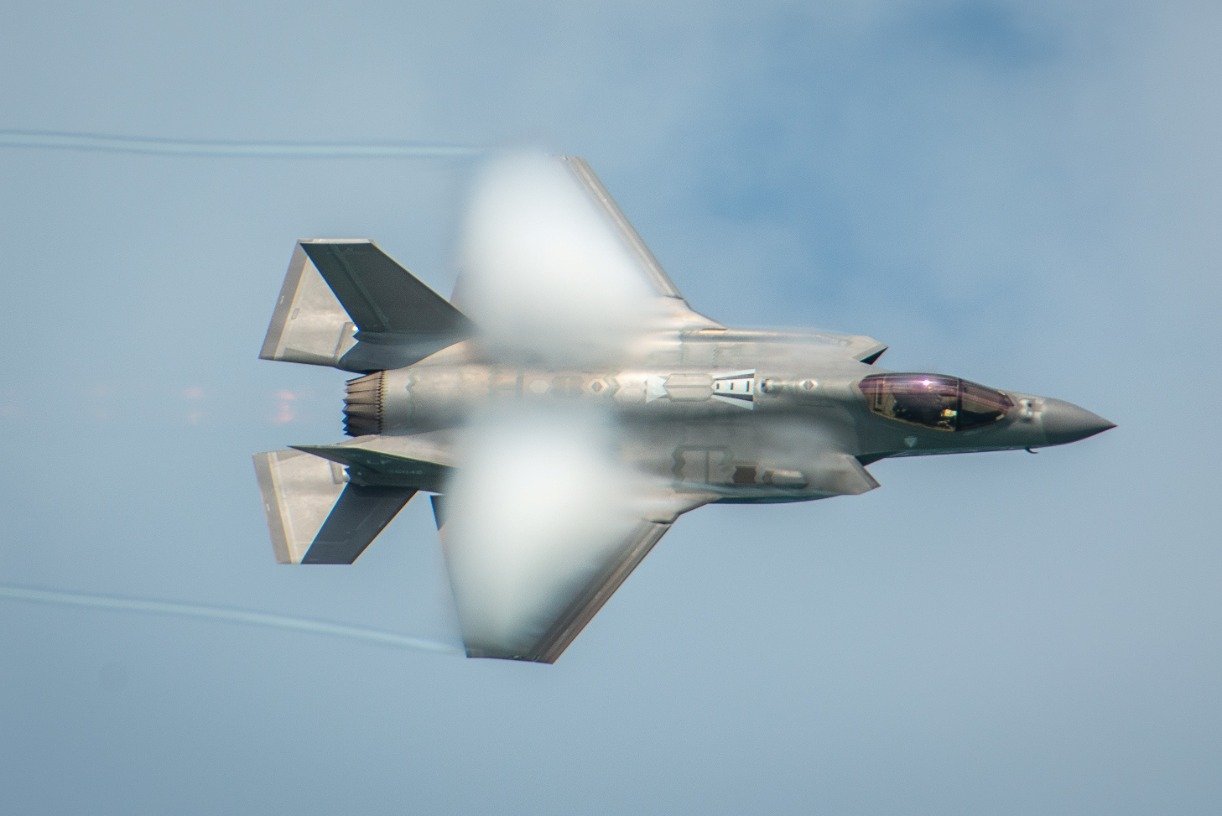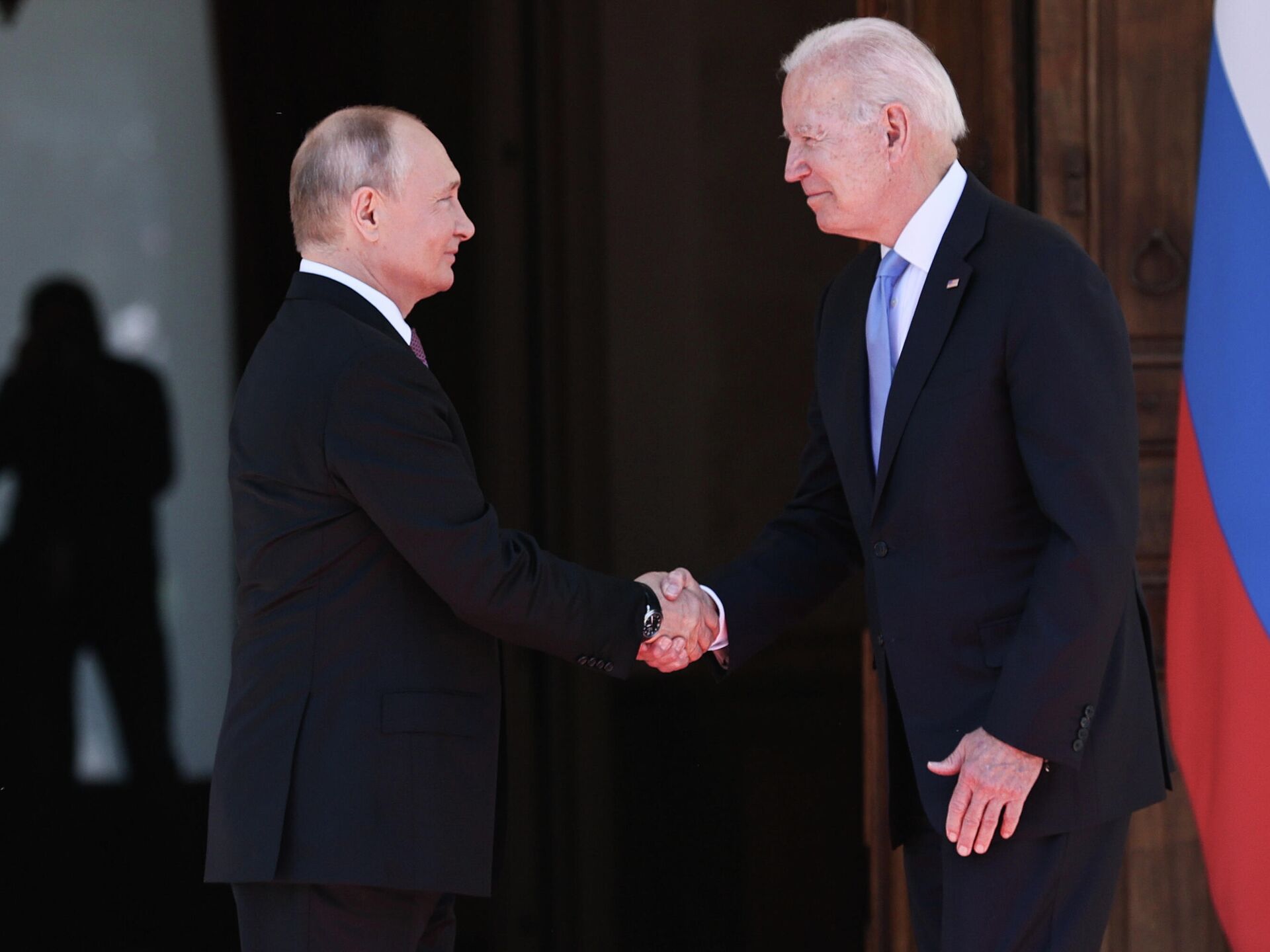by Robert Daly and Matthew Rojansky
Robert Daly Director, Kissinger Institute on China and the United States, Matthew Rojansky Director, Kennan Institute
SUMMARY
China and Russia demonstrate a growing affinity in their national interests and diplomatic styles. Americans have often dismissed Chinese and Russian international ventures with broad attacks understood by Chinese and Russians as cultural condescension and used by their presidents to consolidate domestic support. The United States would engage China and Russia more effectively by focusing debate on specific policy issues and omitting more general criticism.
An emerging Russian-Chinese entente
The emerging entente between Beijing and Moscow is more significant and durable thanis typically recognized in the West. Russia and China regularly join forces in the UN SecurityCouncil to veto actions against human rights abusers, and Vladimir Putin’s and Xi Jinping’s growing friendship, evinced by their upcoming attendance at each other’s World War IIcommemorations, increases the popularity of both men in both countries. They benefit notonly from their images as strongmen, but from championing such principles as oppositionto U.S. hegemony, and building such institutions as the BRICS Bank that offer alternatives toWestern institutions.
Historical affinities: Greatness and suffering
The signs of a Eurasian entente are often dismissed by Western scholars and policymakerswho emphasize the historical enmity and disparate interests between China and Russia andconclude that Sino-Russian partnership must be illusory. Such dismissals overlook culturalcommonalities that draw proud Russians and Chinese closer together, particularly in theface of dismissive attitudes from Washington. Both nations are continentalpowers with ancient, deeply mythologized histories. Both pride themselveson "unique” national virtues, which the Chinese call their te-se ("specialcharacteristics”) and Russians identify with the Orthodox Church and Russkiy Mir ("Russian world”). Beijing and Moscow both seek legitimacyin the claim that they defend these virtues from foreign powers that havehumiliated them in the past and seek to undermine them now. Both pridethemselves on resilient suffering (the ability to chi ku, or "eat bitterness” in Chinese; to endure lisheniye, "privation,” in Russian).
"Beijing and Moscow both seek legitimacy in the claim that they defend these virtues from foreign powers that have humiliated them in the past and seek to undermine them now.”
The American experience carries echoes of Chinese and Russianapprehensions that should lead Americans to grasp the emotional power of Chinese andRussian history. To appreciate Russia’s sense of vulnerability, Americans need only reflecton their own perennial fear of decline and consider that Russians lived through a real andcatastrophic collapse in power and prosperity only two decades ago. To fathom China’spresent anger over defeats and insults suffered during and since the Opium Wars of the mid-1800s, Americans need only think of the passions still elicited in the southern United Statesby discussion of the Civil War. To understand the mindset of people in a state of continualcrisis, real or imagined, Americans should recall their own surge of patriotism and fear and therush to war following 9/11.
U.S. attitudes
Nonetheless, U.S. officials have often discredited Russia’s actions as widely out of step. Evenat the height of the "Reset” in 2009, President Obama referred to Putin as having "one foot in the old ways.” In March 2013, Obama declaredthat Russia, in annexing Crimea, was "on the wrongside of history.” Speaking of Russian aggression inUkraine, Secretary of State John Kerry said, "Youjust don’t in the 21st century behave in 19th-centuryfashion by invading another country on completelytrumped-up pretext.” The White House, further, hasstretched its depiction of Putin to cover Russia asa whole, as when Obama said in an August 2014interview with the Economist, "President Putinrepresents a deep strain in Russia that is probablyharmful.”
The United States has criticized China similarly. Regarding the Chinese role in the internationalsystem, President Obama said in 2014 that they "have been free riders for the last 30 years.”When China tries to build institutions or provide public goods, it is told that its standards fallshort of America’s, as in Obama’s defense of the Trans-Pacific Partnership: "China wants towrite the rules for commerce in Asia. If it succeeds, our competitors would be free to ignorebasic environmental and labor standards, giving them an unfair advantage over Americanworkers. We can’t let that happen. We should write the rules.” In Washington’s comparablemisgivings about the China-proposed Asian Infrastructure Investment Bank, which wouldoffer an alternative to the World Bank and other established international financial institutions,China sees the same denigrating tendency.
Offense taken
Because the Chinese and Russian people are long-sensitized to America’s sense ofsuperiority, these countries regard the slightest tincture of American contempt as an assaulton national dignity. This helps Xi and Putin mobilize domestic opposition to American valuesand policies. Chinese on the Internet and in public conferences responded to Obama’s "freerider” comment as if they had been attacked as a people. Many Chinese think that the remarkproves Beijing’s assertion that America seeks to contain China’s rise. Putin evoked similarRussian sentiments in a 2014 address to the Federal Assembly, when he touched on the longhistory of the Western policy of containment: "Whenever someone thinks that Russia hasbecome too strong or independent, these tools are quickly put into use.”
To manage relations with this China-Russia entente, the United States must understand theirmotives and present U.S. policies and values with specificity and without cultural veneer:
•U.S. analysis should integrate cultural and historical factors into policymaking andshould strive to understand China and Russia on their own terms, even if thoseterms seem offensive or wrong. To build analytic capacity, the United States shouldencourage more American university students to take up Russia and China studies andshould invest in exchanges at all levels.
•When Washington needs to deliver tough messages to Beijing and Moscow, it shouldemploy quiet, sustained diplomacy and focus on technical rather than civilizationalissues. When international norms are violated, the United States should identify andcounter specific threats and forego principled exhortations.



_jpg/250px-ElbeDay1945_(NARA_ww2-121).jpg)









